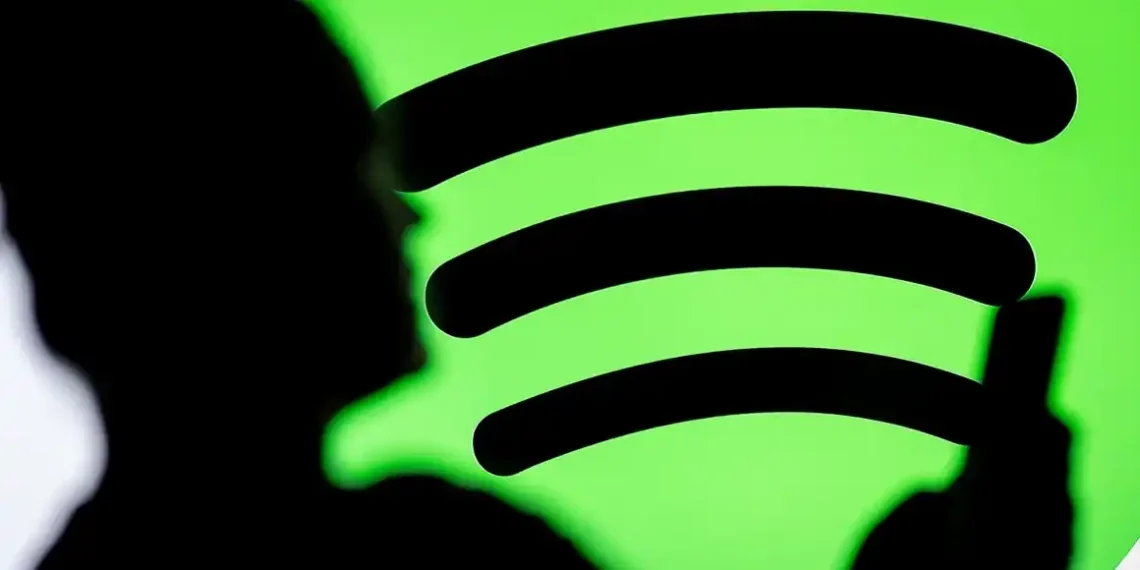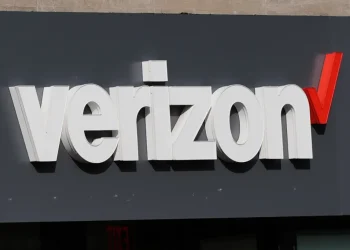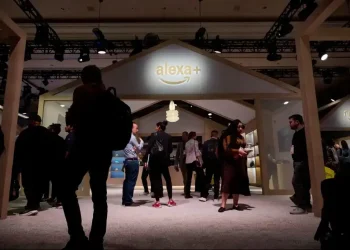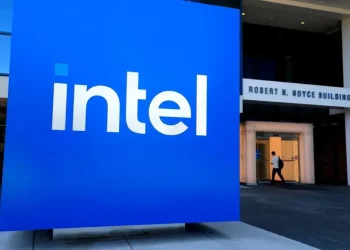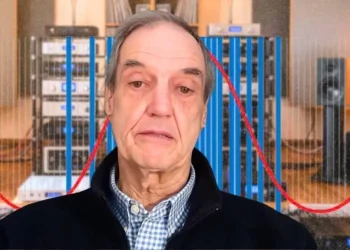Spotify Scrambles to Remove Fake Podcasts Promoting Illegal Online Drug Sales
Spotify is facing a serious problem — dozens of fake podcasts are popping up on the platform, promoting illegal online pharmacies that sell prescription drugs without a prescription.
A simple search for “Adderall” on Spotify’s podcast page reveals a mix of legitimate shows about ADHD, addiction recovery, and even comedy, but also dozens of suspicious pages disguised as podcasts. These shady channels link to sites claiming to sell drugs like Adderall, Oxycodone, Vicodin, and more — often without a prescription, which is illegal in the U.S.
A CNN review found dozens of these fake podcasts, with names like “My Adderall Store,” showing up within the first 50 search results. The podcasts promote various medications, from Methadone to Ambien, often advertising “delivery without prescription,” putting users at serious risk.
Spotify’s Response: Rapid Removal But Ongoing Challenge
After CNN alerted Spotify with a list of 26 offending podcasts, the platform swiftly removed them — but new ones quickly appeared. A Spotify spokesperson told CNN, “We are constantly working to detect and remove violating content across our service.” They emphasized that such content violates Spotify’s policies against illegal and spam content.
Still, these podcasts keep resurfacing, exposing gaps in Spotify’s moderation system — especially as AI and text-to-speech tools make it easier to churn out fake, spammy content quickly.
Dangerous Consequences and Growing Pressure
This issue isn’t just about platform rules — it’s a public health concern. Parents and safety advocates have urged tech companies to clamp down on counterfeit and illicit drug sales targeting young people. Multiple teens have died after overdosing on pills purchased from online sources promoted through digital platforms.
U.S. government agencies have repeatedly warned that buying prescription drugs online from unverified sources can be illegal and dangerous. Google faced a $500 million fine in 2011 for running ads promoting illegal online pharmacies, and the FDA has called on tech platforms like Facebook and Twitter (now X) to stop illegal opioid sales on their sites.
However, tech platforms often face little legal accountability because federal law protects them from what users post. “There’s no regulations,” says Katie Paul of the Tech Transparency Project. “That’s the reality.”
Examples of Fake Podcasts and How They Work
Some of these podcasts are eerily short, featuring computerized voices reading out drug ads. For example:
- Xtrapharma.com posted eight episodes under 10 seconds long, promoting drugs like Xanax and Oxycontin with claims of “FDA-approved delivery without prescription.”
- Order Xanax 2 mg Online Big Deal On Christmas Season offered a 26-second automated ad promising “Government approved medicine delivered to your doorstep.”
Other podcasts used the same website links across multiple fake shows, including one called “John Elizabeth,” which featured dozens of episodes with computer-generated voices pushing online pharmacy links.
The Scale of the Problem
Searches on Spotify revealed dozens of these fake podcasts in top search results:
- Seven of the first 100 podcasts for “Adderall” were ads for online pharmacies.
- 20 of the first 60 results for “Xanax” pushed illegal drug sales.
- Podcasts advertising drugs like Vyvanse, Codeine, and Percocet also appeared.
Most of these podcasts had no user ratings or reviews, so it’s unclear how many listeners encountered them or placed orders.
Spotify’s Content Rules and Moderation Efforts
Spotify allows anyone to create and distribute podcasts but prohibits illegal, hateful, sexually explicit, and spam content, including podcasts created solely to promote products or services. The company uses automated systems and human reviewers to enforce its rules.
Following past controversies — like backlash over Joe Rogan’s podcast spreading false COVID-19 information — Spotify has increased moderation efforts. It created a Safety Advisory Council and acquired Kinzen, a machine learning startup to help monitor audio content.
Experts Say More Must Be Done
Despite these efforts, experts say fake podcasts selling drugs expose how much more Spotify needs to do to protect users.
Sarah Gardner, CEO of the Heat Initiative, a nonprofit advocating child safety online, says, “Anywhere people can post user-generated content, you will find people selling drugs. It’s about what companies do to combat it.”
Bottom Line
Spotify’s fight against fake podcasts pushing illegal drug sales is ongoing, reflecting a broader challenge faced by all digital platforms hosting user-generated content. As AI tools make it easier to flood platforms with spam, companies must double down on moderation — especially when public health is at stake.
This article was rewritten by JournosNews.com based on verified reporting from trusted sources. The content has been independently reviewed, fact-checked, and edited for accuracy, neutrality, tone, and global readability in accordance with Google News and AdSense standards.
All opinions, quotes, or statements from contributors, experts, or sourced organizations do not necessarily reflect the views of JournosNews.com. JournosNews.com maintains full editorial independence from any external funders, sponsors, or organizations.
Stay informed with JournosNews.com — your trusted source for verified global reporting and in-depth analysis. Follow us on Google News, BlueSky, and X for real-time updates.
